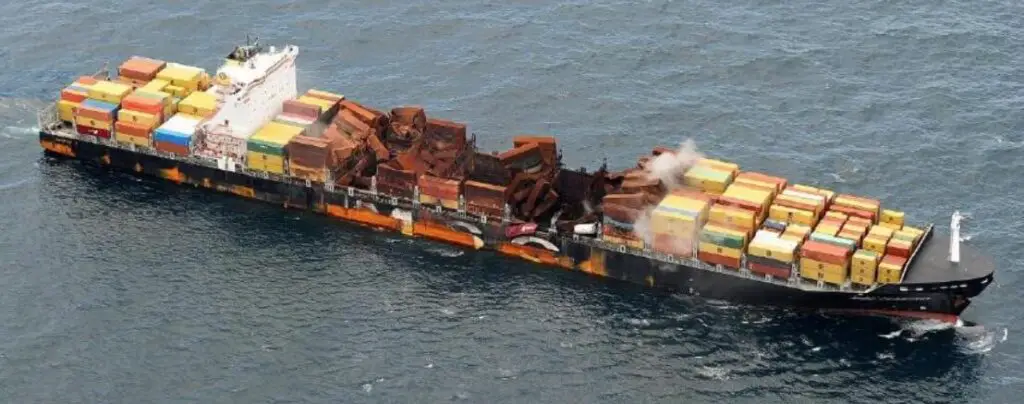You Can Turn the Corner: Leveraging Opportunities from Maritime Mishaps
Every year, scores of container ships laden with goods vanish at sea or founder in the depths. When these vessels are encountered, there exists a possibility under maritime laws for the individual who salvages parts of the cargo to claim substantial monetary rewards.
Maritime commerce has reached staggering dimensions. We’re speaking of approximately 226 million cargo voyages annually, traversing countries and continents. These vessels conquer vast oceans, battle through storms and towering waves, and strive to reach their destinations. However, some never complete their journey.
Facing brutal conditions, many ships succumb, stranding them on shores, sinking them, or causing them to drift far off course.
Modern Maritime Mysteries: How Ships Still Get Lost
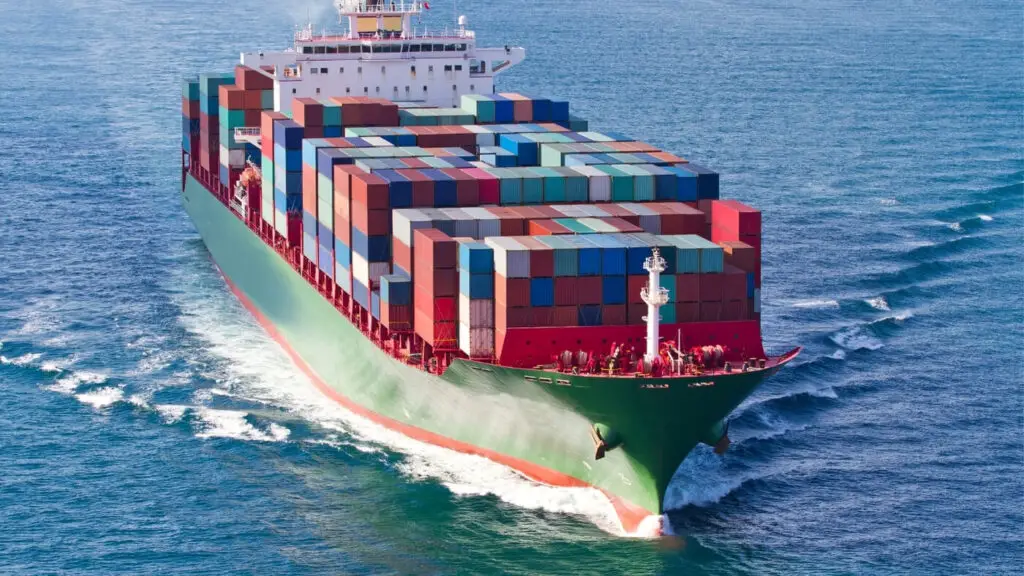
Despite advanced technology and safety measures designed to traverse continents, ships are furnished with tools like tugboats to ensure they are on the correct path. However, even these precautions may fall to the mercy of severe maritime conditions.
Large container ships, boasting high-tech monitoring systems, sometimes meet challenges they cannot withstand. Severe waves, strong winds, and unexpected weather like hurricanes can quickly lead to a vessel straying off course, becoming untraceable, and in grave scenarios, may lead to maritime disasters similar to the loss of El Faro during Hurricane Joaquin near the Bahamas.
The Significance of Container Shipping
Container ships, often seen traversing the straits, transport hundreds of vehicles and tons of goods, including electronic devices. A solitary vessel and its crew stranded at sea represent not only a significant misfortune but also a substantial financial loss for the company.
Crisis for Some, Opportunities for Others
In maritime law, dating back centuries, one rule remains pertinent today—it grants the right to claim compensation equivalent to the recovered goods’ value for those who successfully rescue merchandise from ships in peril or draw stranded ships to shore. This principle speaks to the potential for profit in the face of global trade challenges, when fortunes can sink along with cargoes, yet also highlights the openings where some may turn such sinking situations into opportunities.
Ancient Maritime Regulations
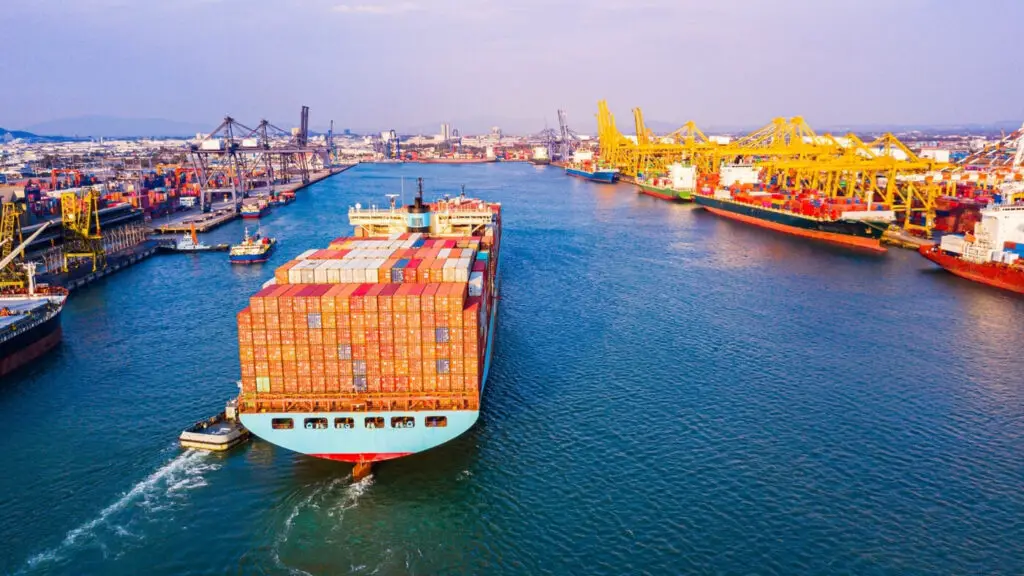
Seafaring laws originating from an era of the Phoenician and Dorian disputes, particularly around 1000 to 800 BCE on the island of Rhodes, established intrinsic motivators to rescue ships in peril to prevent them falling into the hands of pirates. These regulations fostered a sense of responsibility, offering protection against piracy — a problem that placed significant pressure on marine endeavors. Such stipulations survived well into the Byzantine Empire, signifying their enduring influence.
| Period | Issue Addressed | Impact |
|---|---|---|
| Ancient to Byzantine | Pirate Plundering | Motivation for Rescue |
| Rhodes Island Law | Mechanical Problems at Sea | Preventative Measures |
International Maritime Law: The Principle of Salvage Explained
In the realm of maritime challenges, a unique provision exists where individuals can claim compensation after voluntarily saving a distressed sea vessel without prior request—this concept falls under Maritime Laws and is known as “pure salvage”.
Those capable of rescuing such vessels wholly or partially and bringing them ashore, or salvaging a portion of their cargo, are entitled to seek legal recognition. Upon a successful claim, compensation equivalent to the rescued cargo’s value may be awarded.
Eligibility for Salvage Rights
In maritime operations, the terms of salvage rights are specific. A key aspect is the voluntary nature of the rescue under perilous circumstances when not obligated. The principle of volunteerism plays a central role.
For entities such as coast guard vessels, tugs or crew members, the duty-bound nature of their work precludes entitlement. They cannot claim salvage rights since responding to such emergencies forms part of their regular responsibilities.
| Eligibility | Description |
|---|---|
| Volunteer | Must be a voluntary rescue |
| Conditions | Undertaken in hazardous times |
| Occupation | Excludes duty-bound personnel |
Coast guard operations, for example, are not considered voluntary under this law and thus cannot benefit from salvage rights, even if they are the ones performing the rescue.
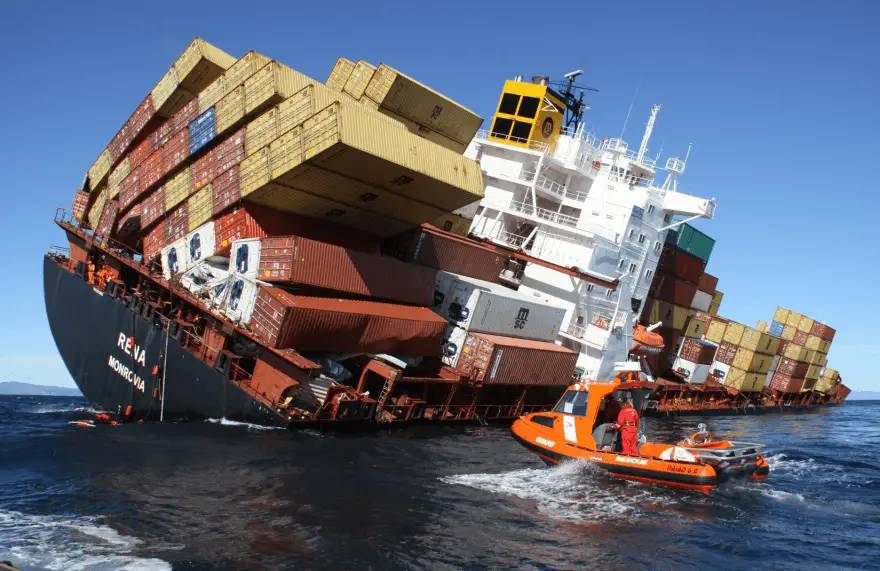
Entitlement to Salvage Rights and Compensation
When it comes to claiming salvage rights on a vessel that can be easily rescued or is likely to be saved, the situation is not as simple as taking ownership due to being the first to discover it. The share one might receive from a salvage operation is directly linked to the level of danger the vessel is in.
You cannot assert rights over a ship just because a large wave is heading your way – the era of piracy is long over, though some areas like the Somali coast might be exceptions to this rule.
Notably, there is an exception to the rule. If saving the vessel also means saving your own life, you are not entitled to demand any compensation. The focus is on the peril involved rather than the finder’s fortune.
| Factor | Effect on Salvage Rights |
|---|---|
| Vessel’s Danger | Higher peril, higher claim |
| Personal Risk | No claim if saving self |
| First Discovery | No automatic rights |
| Modern-Day Piracy | Generally not applicable |
Negotiating a Salvage Agreement with the Company
If you possess the necessary equipment and resources as an engineer or a salvage team to recover a distressed vessel, engaging the vessel owner’s company in a salvage contract before attempting rescue operations is crucial.
Such agreements involve clearly defined terms where the compensation is agreed upon based on the recovery’s success, whether partial or full.
Entering into a contractual agreement transfers the rescue operation from an act of voluntary service to a formalized commercial arrangement.
While the payment may not reach astronomical sums due to standard maritime laws, sizable compensation can still be negotiated in return for the salvage efforts.
It’s important to remember that volunteering is no longer applicable once the contract is signed since the recovery becomes a service commissioned by the company.
- Salvage Equipment: Must meet the capability required for the operation.
- Contractual Agreement: Legal documentation cementing the terms of salvage and compensation.
- No Volunteering: A professional contract negates any volunteering status, establishing a business transaction.
- Potential Compensation: Determined by the degree of success in salvaging the ship.
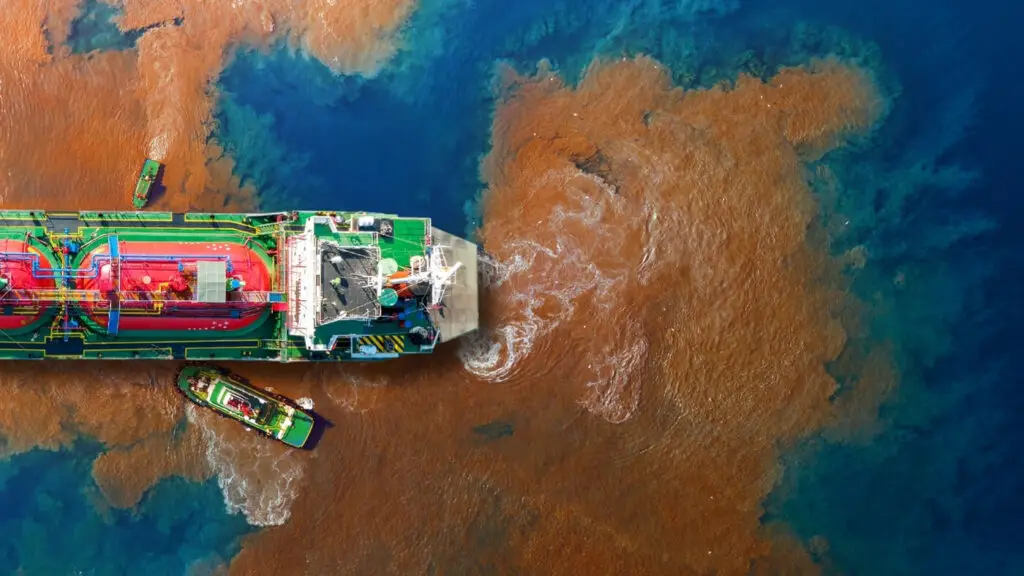
Protecting the Seas from Potential Maritime Hazards
Recent adaptations of maritime law recognize not only salvage rights for rescuing a ship and its cargo but also provisions for preventing environmental damage from sinking vessels.
Even if you cannot salvage the ship itself, addressing the potential ecological harm—such as stopping significant oil spills—may result in financial compensation.
Considering the stakes can be massive container ships and the risk of a vast ecological disaster affecting thousands of marine lives, environmental salvage operations are highly valued and critical.
They play a crucial role in mitigating damage to marine ecosystems, coral reefs, and avoiding water pollution by fuel or oil, which could otherwise lead to severe consequences, including fire hazards and the need for wreck removal.
Effort Does Not Guarantee Reward in Salvage Operations
In the realm of salvage operations, success is the ultimate arbiter. No matter how much effort, danger faced, or funds expended, without successful retrieval of goods, compensation is not granted.
This principle forms the core of what is known as the “no cure, no pay” basis in salvage law.
Salvage Operations: Rare and Risky
- Investment: Few choose to establish salvage companies due to low success rates and high risks.
- Rewards: Successful salvages are exceptional; random fortune plays a part.
Despite the challenges, there are instances where individuals seize the moment on the high seas, resulting in extraordinary tales of salvaged vessels.
Consider the scenario of encountering an adrift life raft or having to don a survival suit to brave treacherous conditions.
The story of Michael Davidson and the survivors of such critical maritime events underscore that readiness for the unforeseeable can sometimes turn the tides of fate.

